Joining the AI Model Race After Revenue Jumps 20%
China’s food delivery leader Meituan is starting to integrate AI into its workflows and across its entire portfolio of consumer services, including a travel site and e-commerce platform. Meituan is developing a large-scale language model called “LongCat,” which will compete with rivals like ByteDance Ltd.’s Doubao and Alibaba Group Holding Ltd.’s Qwen.
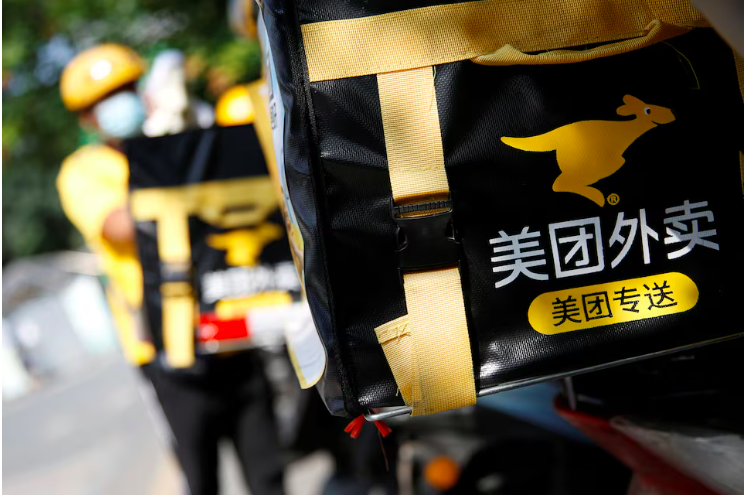
China's food delivery leader Meituan is starting to integrate AI into its workflows and entire consumer services portfolio.
Meituan is a surprise entry in an increasingly competitive race that stretches from OpenAI and Meta Platforms Inc. in the U.S. to Baidu Inc. and DeepSeek in China. While the company has long relied on deep data analysis and algorithms to connect merchants with consumers, Meituan has rarely disclosed its AI strategy. Now, Meituan plans to dramatically increase its capital spending on AI to take on its rivals head-on, according to founder Wang Xing. The company is investing billions of dollars in AI chips, though Wang did not provide specific figures.
LongCat has performed well against domestic industry leaders and will be the foundation for a comprehensive AI strategy that includes connecting online and offline markets, such as in food delivery, Wang said. “Our strategy is offensive, not defensive. When something as fundamentally revolutionary as AI comes along, the only sensible strategy is not to try to protect what you already have,” Wang told analysts on a conference call.
Wang’s comments came after Meituan reported a 20% rise in revenue to 88.5 billion yuan ($12.2 billion) in the 2024 quarter, beating the average forecast by about 1%. Net income jumped to 6.2 billion yuan, showing that China’s food delivery leader is successfully fending off new competition at home while expanding overseas.
The result also gives Meituan the resources to assert its position in the AI space. Mr. Wang argues that the company benefits from having one of the largest real-world networks of people, merchants, and users compared to its peers. “To bring AI to the real world , you need more than just smart algorithms or application models. You need real-world infrastructure, and that’s where we have an advantage,” Mr. Wang said.
Meituan's outperformance shows its restaurant delivery business is holding up as Beijing rolls out stimulus measures to boost consumer confidence and revive spending in the world's second-largest economy .
The Beijing-based company has begun exploring overseas markets, in part because of slowing growth at home. Last year, Mr. Wang took over the company’s international business, which is now focused on the fledgling Keeta app. The unit has had early success in Hong Kong, surpassing Deliveroo Plc.
Meituan's revenue matches forecasts
Meituan reported fourth-quarter revenue on Friday that was broadly in line with estimates, amid slowing consumer growth in China.

Meituan's revenue was in line with forecasts.
Meituan's revenue reached 88.5 billion yuan ($12.2 billion) in the three months ended December, slightly above analysts' average forecast of 87.7 billion yuan, according to data from LSEG.
Meituan, which offers a wide range of services including bike-sharing, ticketing and maps, reported full-year revenue of 337.59 billion yuan, up from 276.75 billion yuan in 2023. Its 12-month net profit was 35.81 billion yuan, compared with 13.86 billion yuan a year earlier.
“We will expand our investments in advanced technologies and related applications, such as artificial intelligence (AI), drone delivery and autonomous delivery vehicles,” the company said in its financial report.
Low-cost, discounted products have become a hit with both price-conscious shoppers and platforms, benefiting Meituan, which delivers these items at low fees. But competition in the industry is intensifying. In February, e-commerce giant JD.com announced its entry into food delivery, and later that month said it would begin providing social insurance and housing funds to full-time food delivery drivers under China’s social security system from March 1.
Meituan was quick to respond, announcing plans to provide social security benefits to its stable full-time and part-time drivers, starting in the second quarter of 2025. "As an industry leader, we are also committed to fulfilling our social responsibilities by creating employment opportunities and improving the welfare of delivery drivers," Meituan stressed in its earnings report.
Meituan could offset the impact of new social insurance costs for delivery drivers, which will start in the second quarter, on its core local commerce margins in China thanks to its growing economies of scale, helping its core local commerce operating profit beat consensus forecasts by 11% in the fourth quarter. Keeta’s growing presence in Saudi Arabia, which attracted 85% of monthly active users compared to Delivery Hero’s Hungerstation and Talabat as of Feb. 28, could boost revenue from new initiatives beyond expectations.
As the Chinese app expands further, it is applying similar tactics to new markets. The company launched in Saudi Arabia last September and has been attacking the market with similar measures. According to data from Sensor Tower, Meituan hit 1 million weekly active users in January, on par with Delivery Hero’s Hungerstation.
Meituan executives said they are looking at entering other markets from Europe to Southeast Asia.
Source: https://www.baogiaothong.vn/doanh-thu-tang-manh-cong-ty-giao-do-an-trung-quoc-gia-nhap-cuoc-dua-mo-hinh-ai-192250322020111824.htm


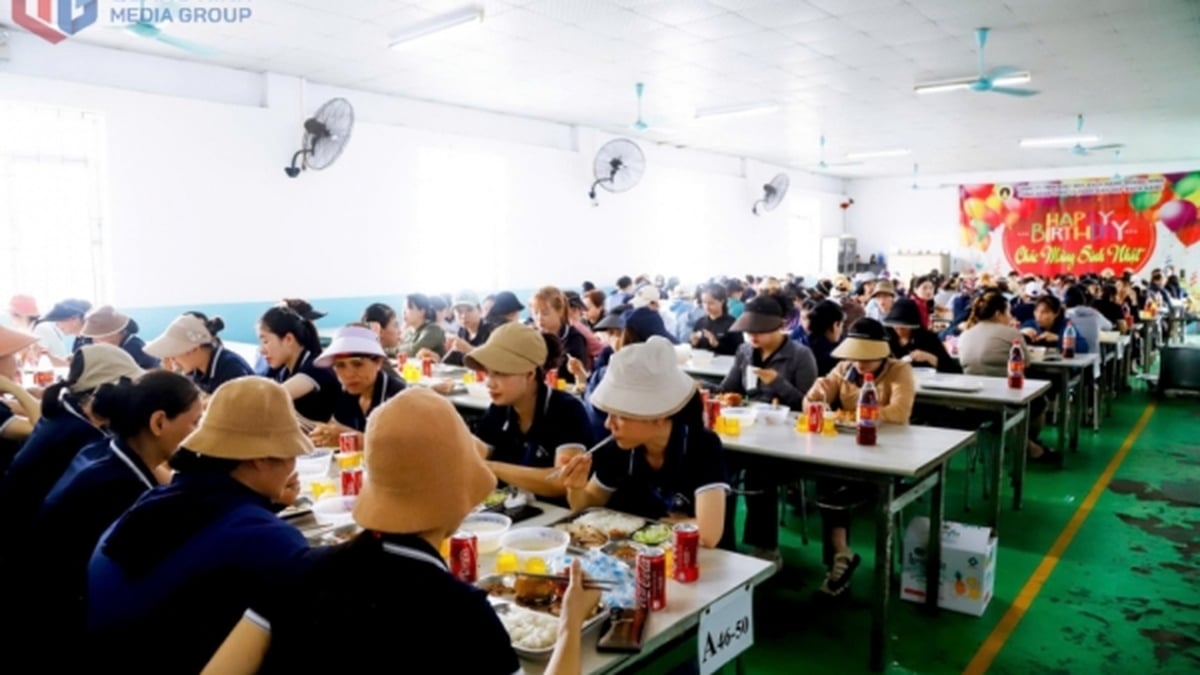


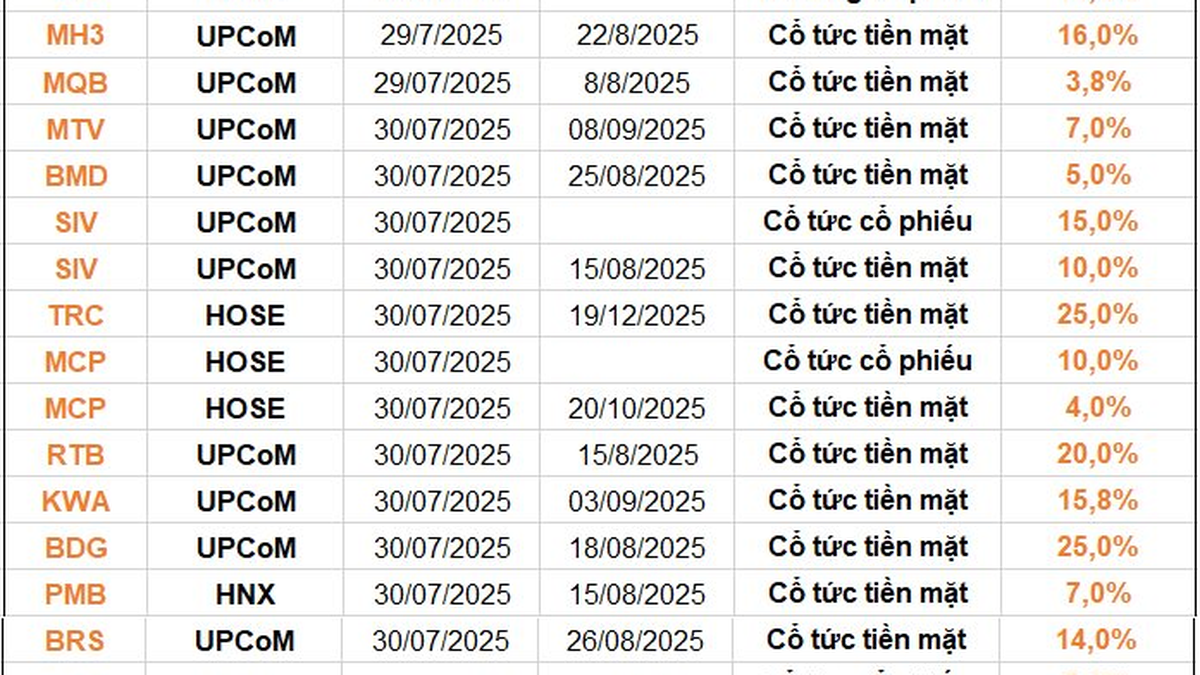
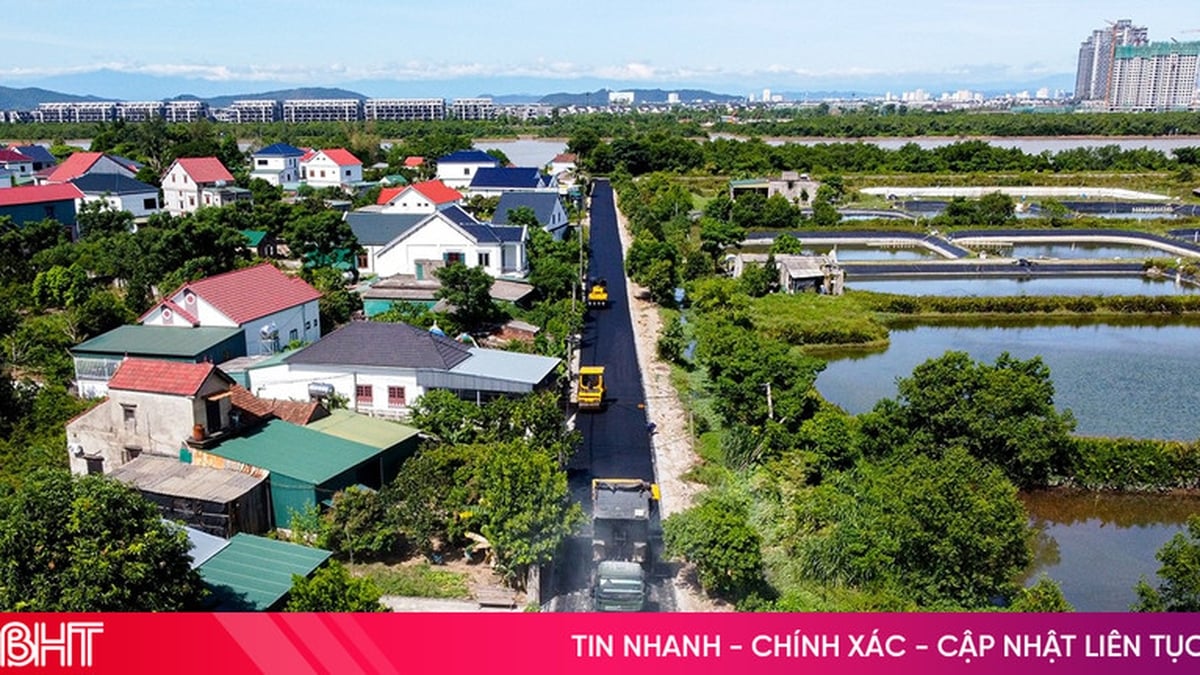
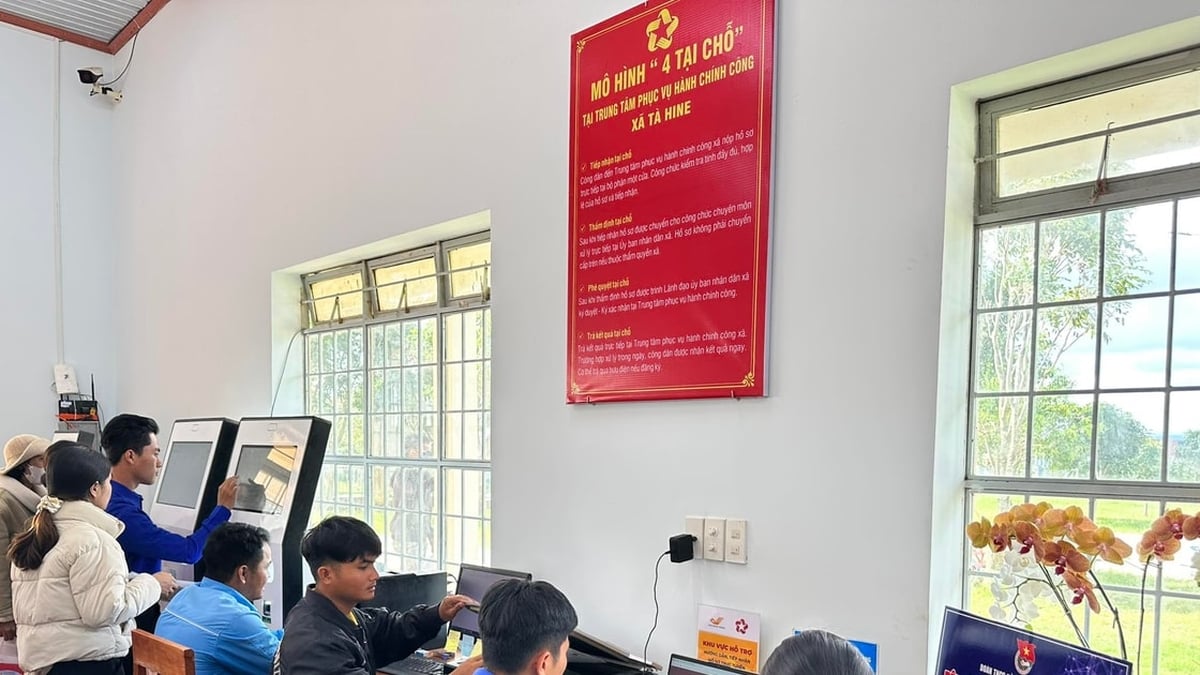
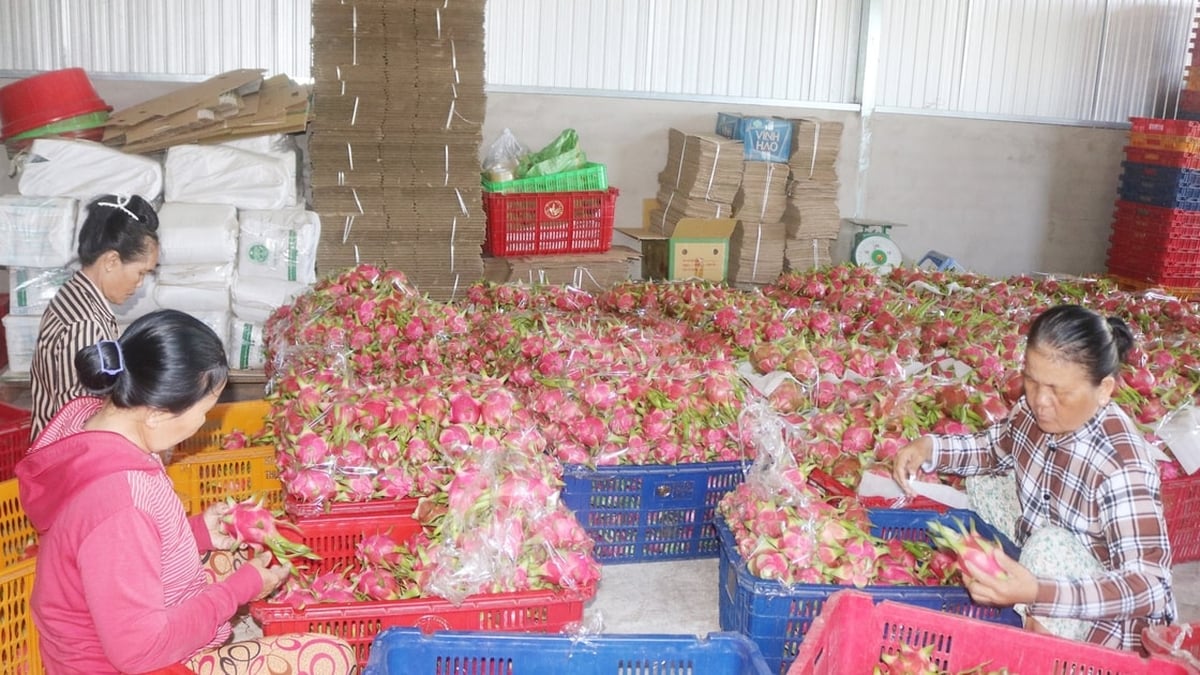
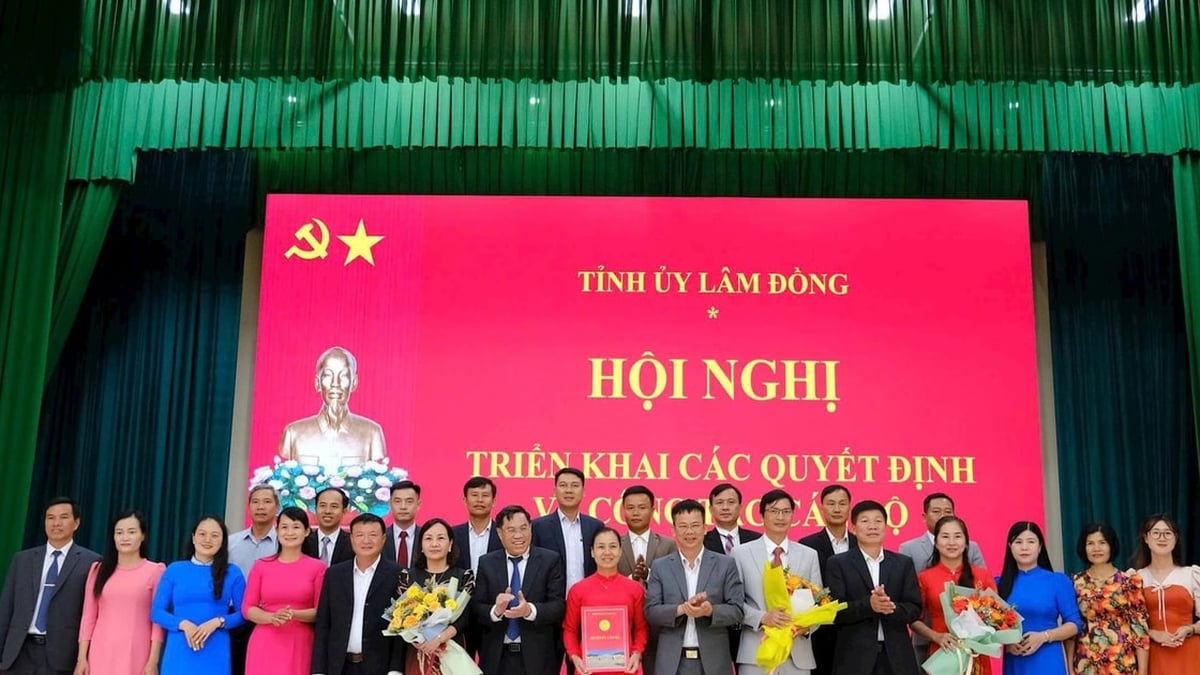
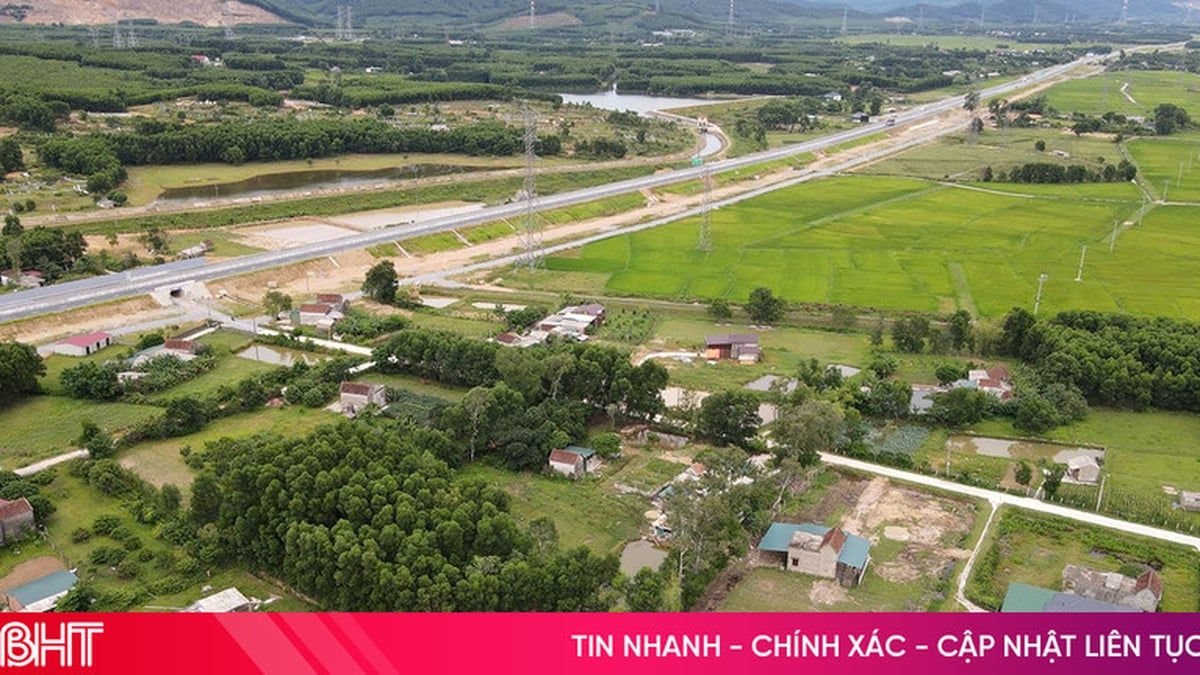
























































































Comment (0)